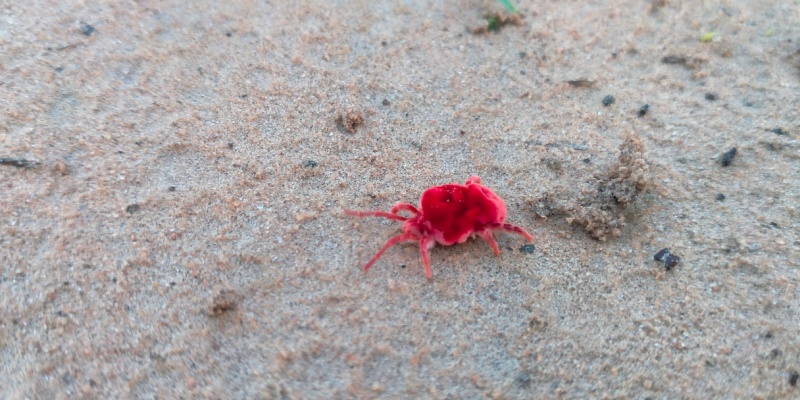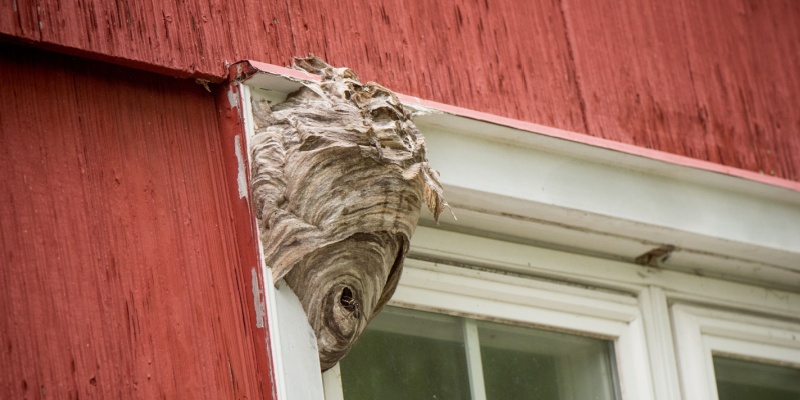Dealing with a chigger infestation in Nashville can be a particularly uncomfortable experience due to the intense itching and red welts that these tiny mites can cause. To effectively handle this problem, it’s crucial to enlist the services of expert chigger exterminators. Below is a guide to finding the best chigger extermination services in Nashville, TN, including what to consider when choosing a provider.
Understanding the Need for Professional Chigger Control
Chiggers, the juvenile form of a type of mite, attach to hosts and inject enzymes that cause severe itching and irritation. These pests thrive in warm, humid environments, particularly in grassy and wooded areas common in and around Nashville. While DIY methods can provide temporary relief, professional exterminators are equipped to offer long-term solutions, making professional services invaluable for persistent or severe infestations.
Choosing the Right Exterminator
When selecting a chigger exterminator in Nashville, there are several factors to consider to ensure effective and reliable service:
- Certification and Licensing Confirm that the pest control service is licensed in Tennessee. This guarantees that they adhere to state regulations and industry standards, providing a level of trust and professionalism.
- Experience with Chigger Infestations Look for companies with specific experience in handling chigger problems. Experienced professionals will have a deeper understanding of the best practices and treatments for mitigating chigger infestations effectively.
- Treatment Methods Inquire about the types of treatments offered. The best exterminators will use a combination of methods tailored to your specific situation, including chemical treatments, habitat modification, and preventive strategies.
- Customer Reviews and Testimonials Research customer feedback to gauge the effectiveness and customer service of the exterminator. Positive reviews can provide insights into the reliability and success rates of their treatments.
- Environmentally Friendly Options If you are concerned about the use of chemicals around your home, especially if you have pets or children, ask about eco-friendly and less toxic pest control options.
Effective Long-Term Chigger Management
In addition to professional extermination, long-term chigger control involves maintaining an environment that discourages chigger colonization. This includes keeping grass trimmed, removing leaf litter and brush from your yard, and considering landscape changes that reduce moisture and debris.
Why Local Experience Matters
Chiggers are a common issue in Nashville. Anyone who has lived here through at least one summer is familiar with these pests. However, chiggers are not an issue in all parts of the country. A pest control provider that is set up as a franchise and is not familiar with the nuances of the Nashville area may not have the knowledge and experience needed to effectively handle a chigger infestation. When it comes to dealing with pests that are unique to this area, local experience matters.
Choosing the right chigger exterminator in Nashville will help you regain control over your outdoor spaces and reduce the risk of itchy, uncomfortable chigger bites. By selecting a local professional service with a proven track record, appropriate licenses, and positive customer feedback, you can effectively tackle the problem and enjoy a chigger-free environment.



